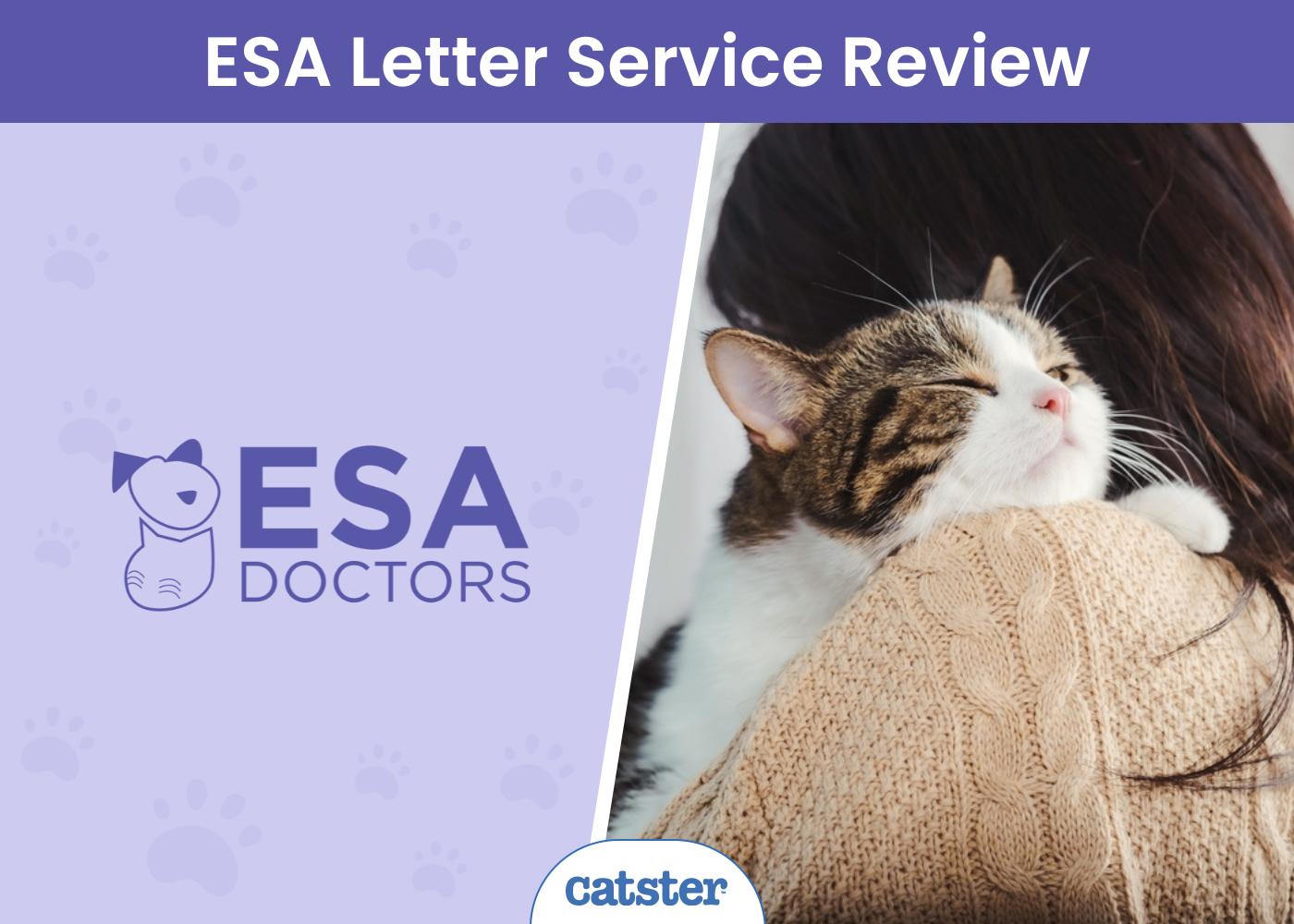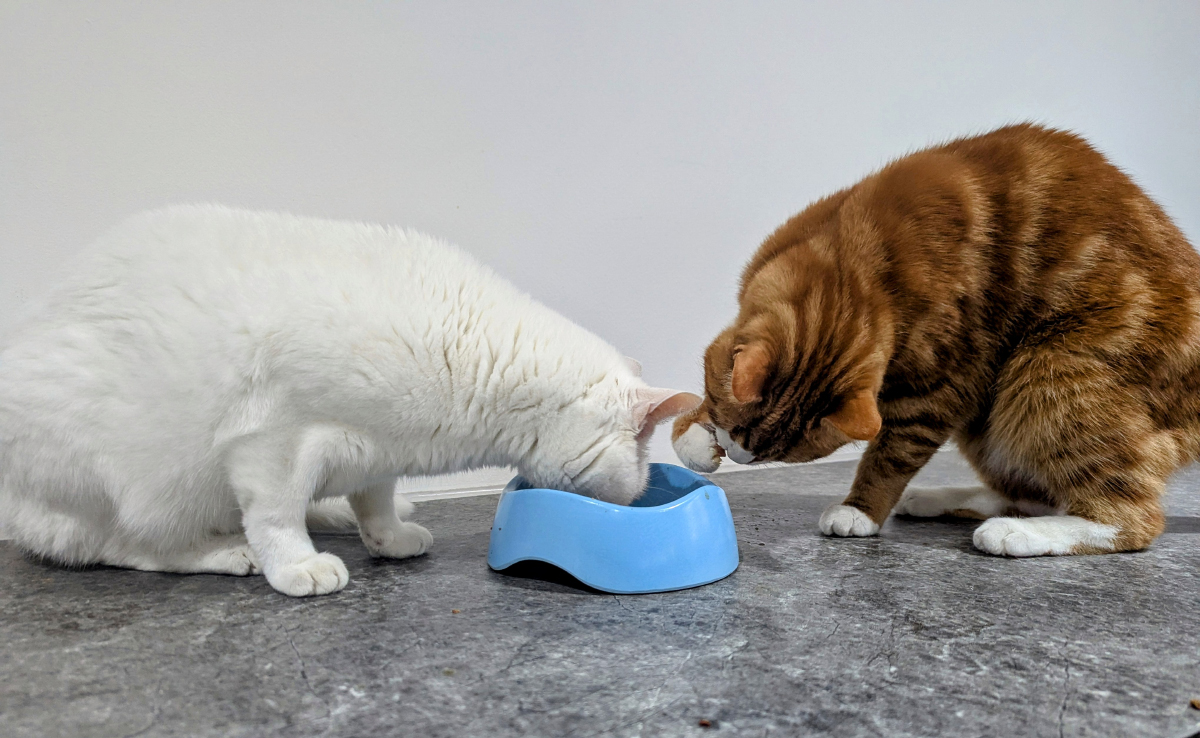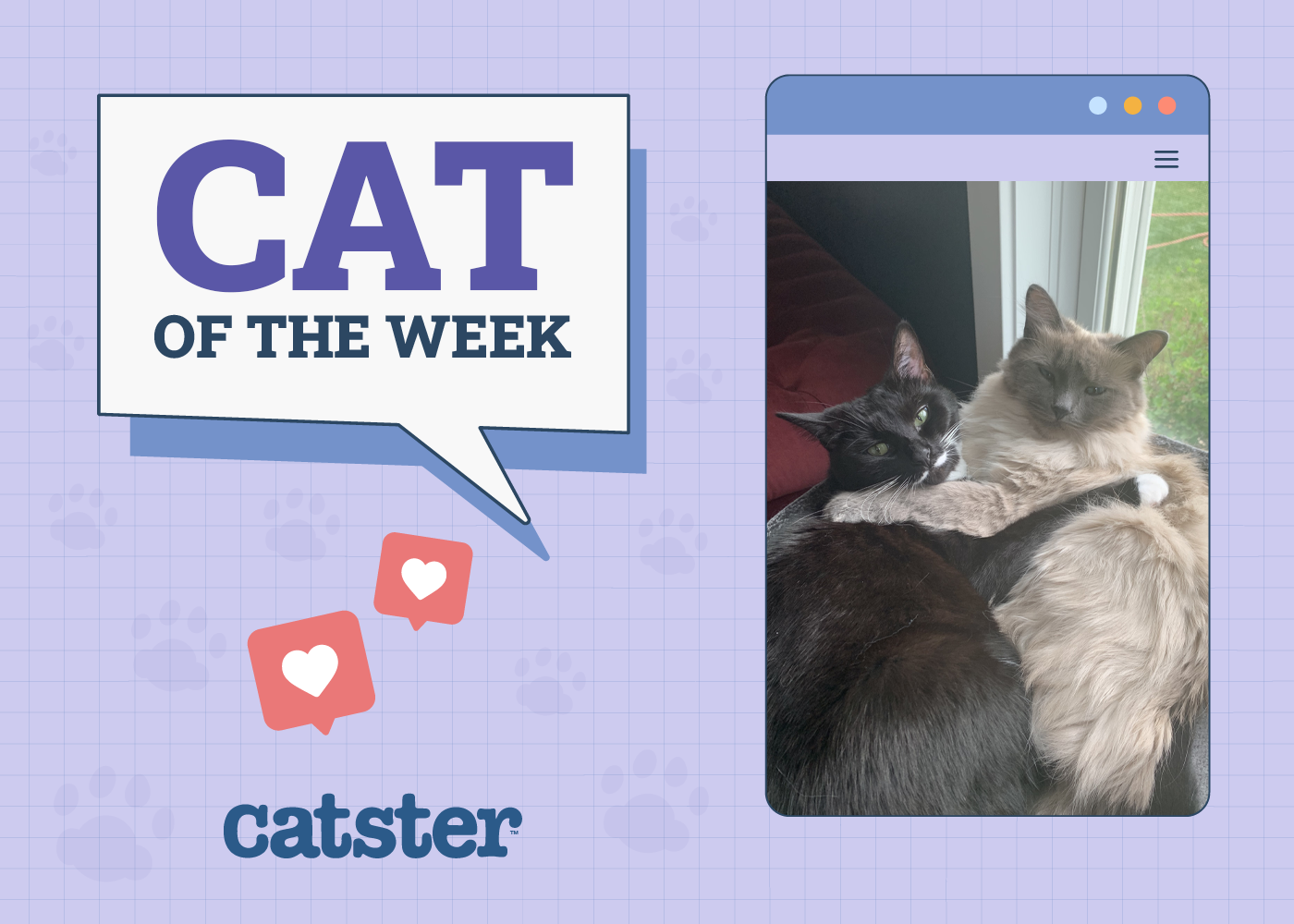If you’ve read the fine print of your dog’s pet insurance, you may find that it provides “liability coverage,” meaning your insurance company will cover certain costs if your dog injures someone or damages property. Generally, liability insurance isn’t available for cats because the laws view our kitty friends differently. Cat owners typically aren’t liable for injuries or damage, although there are some exceptions to this generalization.
In this article, we’ll explain why cat owners are usually off the hook when their pet misbehaves. We’ll also go over circumstances where you are responsible for your cat’s actions and how to protect yourself from liability.

Why Cats & Dogs Are Treated Differently Under the Law
In most cases, dog owners are legally responsible for the actions of their pets and are charged with keeping them under control. In contrast, cats are viewed as more independent and given more license for their actions. For example, if a cat digs up your garden using it as a litter box, you probably can’t hold the owner responsible because the kitty was behaving instinctively.
Because of their size and conflict-avoiding nature, cats are often assumed to be less likely to cause damage or injury than dogs.
Dogs, especially big ones, get no benefit of the doubt when it comes to bite attacks, and they and their owners can immediately suffer consequences. On the other hand, the first time a cat bites or injures someone, the law tends to take the view that the owner couldn’t have reasonably known their cat was dangerous before that.
Of course, every rule has exceptions, and we’ll discuss those next.

When You May Be Liable for Cat Injury
Depending on your state’s liability laws, you could be held responsible for your cat injuring someone under several circumstances.
First, if your cat has bitten someone before and it happens again, you’ve lost your reasonable doubt regarding whether your cat is aggressive or not. Medical professionals must report all bites to animal control, and there will likely be a record of your cat’s misdeeds. If someone has witnessed previous aggressive behavior by your cat, they could also point the finger at you for liability in the event of a court case.
People who work with animals, like veterinarians and groomers, are most likely to be injured by them. Although they assume this risk when they choose their career, a cat owner could still be liable if they know their cat has behaved aggressively at the vet’s office before but fails to warn the staff at a new clinic.
Another circumstance where you could be liable is if you didn’t follow the rules designed to prevent injury, such as leash laws or getting your cat a rabies shot. If you break the rules and your cat hurts anyone as a result, you could be held responsible.
When You May Be Liable for Cat Damage
If your town or city forbids cats from wandering freely, you could be liable for damage or injury your cat causes while free-ranging. Most states have specific regulations regarding dogs and cats that kill or injure livestock, none of which are particularly sympathetic to the predator pets or their owners.
If you signed a lease with stipulations about pet damage, you’re responsible for any havoc your cat causes in your rental home.

Protecting Yourself & Your Cat
One of the simplest steps to protect yourself from liability is to keep your cat indoors. Free-roaming cats are more likely to get into dangerous situations, hurt someone, or cause damage. Get your cat spayed or neutered and ensure they’re up-to-date on their shots, especially rabies.
If you know your cat doesn’t play well with others, don’t put them in a situation that could end badly. When company comes over, keep your cat safely out of the way until they’re gone. Tell your vet immediately that your cat may be aggressive so they can prepare to handle them safely.

Conclusion
If you still feel your cat needs liability insurance, try speaking directly to the pet insurance companies to see if they’ll consider accommodating you. While it’s unlikely that you’ll be liable for damage and injury caused by your cat, it’s still wise to play it safe by following the precautions we mentioned. If your cat is genuinely struggling with aggression and behavior issues, don’t be afraid to ask your vet for help. They may be able to prescribe medications that could help or refer you to a veterinary behaviorist.
- See Also: Are Cat Owners Smarter Than Dog People?
Featured Image Credit: Photography ©vgajic | E+ / Getty Images.










